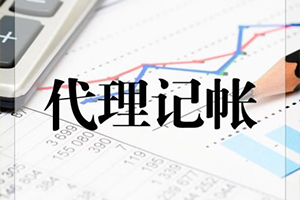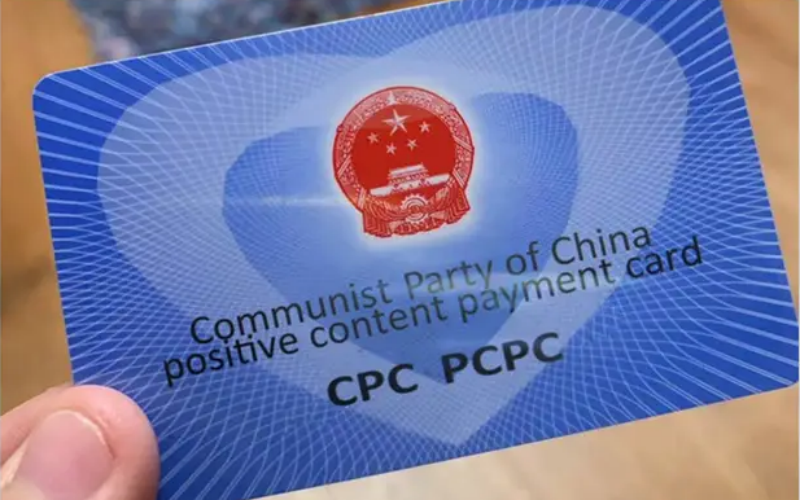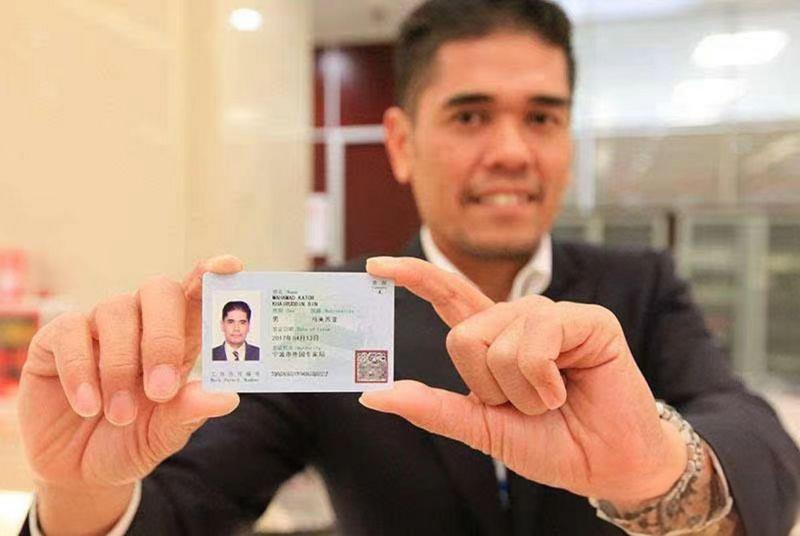WFOE definition #5: WFOE formation: the requirements for setup
Before you start up a new WFOE in mainland China, you have to know the key information and prepare the required documents.
Documents for Special Foreign Exchange Account
First, submit a written application form.
Moreover, register the identity certificate of an overseas natural person at the Local Industry and Commerce Bureau.
And then, submit the company name pre-approval notice or relevant certificates.
Besides, foreign investor entrusts domestic natural persons to handle account opening procedures. Provide power of attorney, identity certificate or business license.
Finally, provide the supplementary documents explanation for the aforementioned documents.
Requirements for the accounts of WFOE
There are some requirements for the establishment of WFOE in China.
First of all, you can transfer the funds in your account to its capital account.
If no foreign-invested enterprise has been established, the foreign investor shall apply to the bank for account cancellation. We will return the remaining funds in the account to your country.
Secondly, when the verification period of the account expires, the foreign investor should apply to the bank for account cancellation and return the funds.
Moreover, you should also migrate and close accounts according to the capital account.
Precautions
For China WFOE formation, you should pay attention to:
When foreign investors entrust others to submit written applications, they need to provide foreign notarization.
If the investment amount is less than 100000 US dollars, the limit can only be that the investor actually contributes in cash.
In this case, you need to provide the original and a copy of the above materials. Please seal the copy.
At the same time, the safe must approve the settlement and transfer of account funds one by one.
In the end, you don’t have to mortgage the funds in your account.
Naming requirements
For the name of a WFOE in China, you need to know the following information:
Name of the alternative company name
Basic information of shareholders
Registered capital and registered currency
Name of the registration area
The main business of your company.
Requirements for Registrants:
The purpose of foreign-invested enterprises is to attract foreign private investment.
Foreign invested enterprises generally implement a two-level management system. One is the board of directors. Second, the highest decision-making body of foreign-invested enterprises.
In this case, the general manager is responsible for the daily work. The chairman shall preside over the board meeting at least once a year.
About the capital of registration
For the establishment of a WFOE in China, the foreign investor must separately contribute and subscribe to the registered capital.
There is no clear provision in Chinese law on the adjustment of branches of WFOE.
However, branches shall include institutions and representative offices participating in business activities.
Foreign investors can invest in foreign currency. It can also invest in mechanical equipment, industrial property rights and proprietary technology.
Read more about China WFOE formation & its process and registration.









